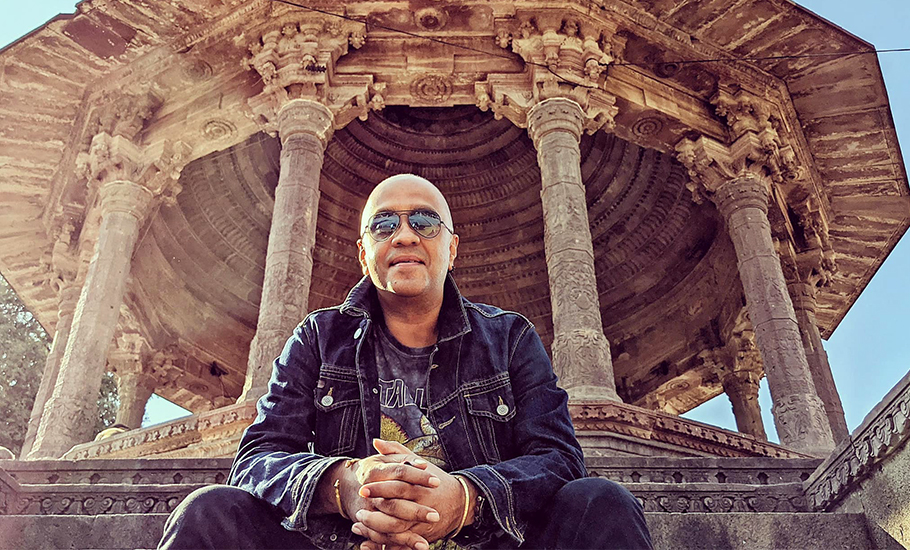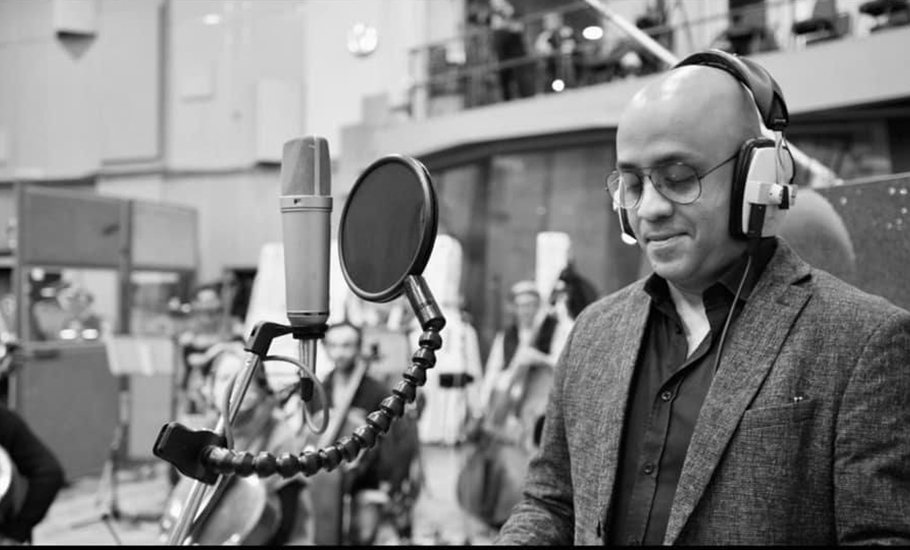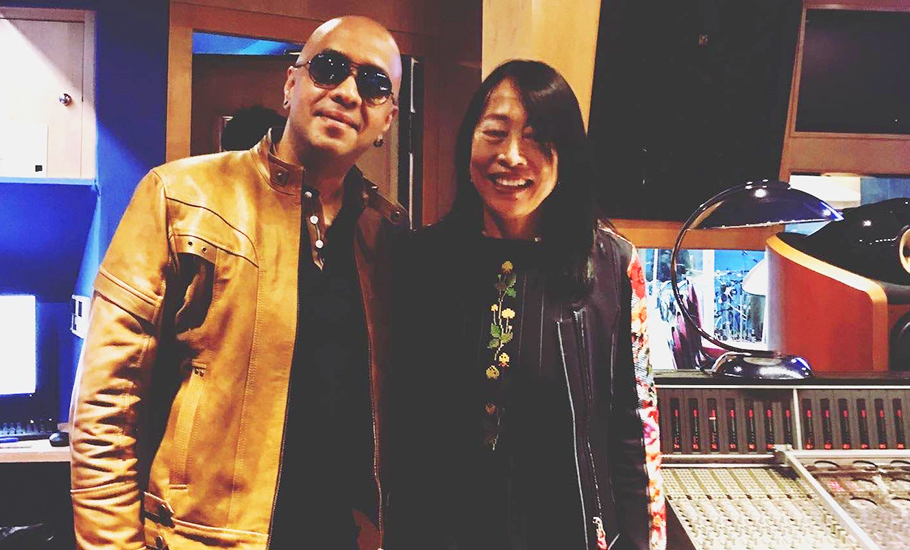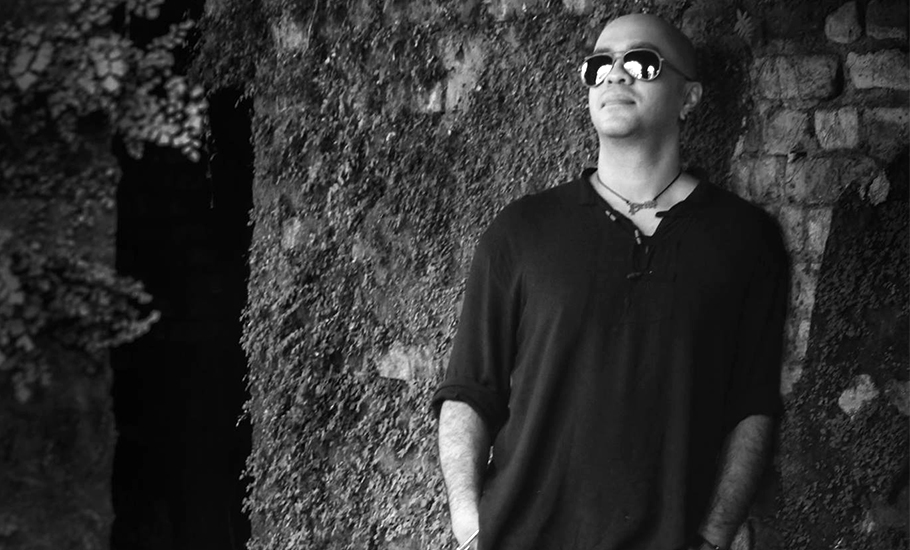
- Home
- India
- World
- Premium
- THE FEDERAL SPECIAL
- Analysis
- States
- Perspective
- Videos
- Sports
- Education
- Entertainment
- Elections
- Features
- Health
- Business
- Series
- In memoriam: Sheikh Mujibur Rahman
- Bishnoi's Men
- NEET TANGLE
- Economy Series
- Earth Day
- Kashmir’s Frozen Turbulence
- India@75
- The legend of Ramjanmabhoomi
- Liberalisation@30
- How to tame a dragon
- Celebrating biodiversity
- Farm Matters
- 50 days of solitude
- Bringing Migrants Home
- Budget 2020
- Jharkhand Votes
- The Federal Investigates
- The Federal Impact
- Vanishing Sand
- Gandhi @ 150
- Andhra Today
- Field report
- Operation Gulmarg
- Pandemic @1 Mn in India
- The Federal Year-End
- The Zero Year
- Science
- Brand studio
- Newsletter
- Elections 2024
- Events
- Home
- IndiaIndia
- World
- Analysis
- StatesStates
- PerspectivePerspective
- VideosVideos
- Sports
- Education
- Entertainment
- ElectionsElections
- Features
- Health
- BusinessBusiness
- Premium
- Loading...
Premium - Events

Composer Joi Barua's journey from Bishnu Rabha to the Orchestras of London

Descending the stairs of Singapore Conference Hall to attend the 2015 INK Forum, an annual conference of innovative ideas and achievements, Joi Barua — a musician, composer, singer and green activist — was brimming with pride. And rightfully so. He was minutes away from presenting one of his cherished compositions, Rabha, a heartfelt collaboration with ace saxophonist George Brooks, as...
Descending the stairs of Singapore Conference Hall to attend the 2015 INK Forum, an annual conference of innovative ideas and achievements, Joi Barua — a musician, composer, singer and green activist — was brimming with pride. And rightfully so.
He was minutes away from presenting one of his cherished compositions, Rabha, a heartfelt collaboration with ace saxophonist George Brooks, as a tribute to the revered polymath Kalaguru Bishnu Rabha, from his beloved homeland of Assam to a pan-Asian audience.
The anticipation within him felt akin to the dawn of a transformative chapter in his life, a feeling he now reflects upon as “the beginning of the rest of my life”. “Bishnu Rabha doesn’t need our help to be known to the world. He’s what he is. But that morning, I felt elated because I could finally bring the maestro’s unique story to the world with my music,” recalls Barua.
By then, however, the musician was blissfully unaware of the extraordinary destiny that awaited him at the do and the forthcoming years that would unearth a hidden “symphony” within him; something he had no inkling existed.
On stage at the INK Forum, it was business as usual for Barua as he captivated the crowd from the get-go. On the colossal screen behind him, an animated video designed by Assamese animation artiste Samudra Kajal Saikia unfolded, breathing life into the storytelling process and infusing it with vibrant energy. And absorbing all of that was renowned Singaporean robotics surgeon Dr Susan Lim among the audience.
“Susan was amazed how our simple story from a small place was given a musical telling with an international collaboration. After the screening, Susan and I met over lunch, and it was then when she shared the story of ALAN with me and asked if I would be interested in working on it; the goal was to take ALAN’s story to Broadway. Thus, the journey of composing for ALAN, the musical, began. It felt as though Bishnu Rabha had bestowed his blessings upon me,” Barua recalls.

ALAN is an inanimate, sentient companion of a 25-year-old, created by Lim and co-creator Dr Christina Teenz Tan. Its story revolves around how the artificial intelligent (AI)-powered robot was brought to life by its human friend and her family and focuses on the changing dynamics of human companionship in today’s world.
And on an illustrious evening of July 5, the reputed Royal Philharmonic Orchestra (RPO) of London will perform nine of Barua’s compositions for ALAN the musical, at the Cadogan Hall, London, marking the United Kingdom (UK) premiere of Lim Fantasy of Companionship for Piano and Orchestra and making him the first Assamese composer to achieve the feat.
Barua informs that the compositions for the fantasy were recorded by the prestigious London Symphonic Orchestra (LSO) at the Abbey Road Studios in 2019 and were released on April 23, 2021. And at the peak of this year’s London summer, the RPO will be performing the original score. “Now the first set of songs of the musical is going to go live in London because the pandemic slowed things down,” says the musician-cum-composer.
His words carry a tinge of nostalgia and excitement, as he reminisces about the moments spent creating within the sacred confines of The Beatles’ sanctuary—Abbey Road Studios. “I had the privilege of working at the legendary desk where Pink Floyd crafted Dark Side of the Moon, and in the same room where The Beatles composed their timeless masterpieces. Our engineer, a specialist with an impressive portfolio, recorded our songs, having worked with iconic figures like Ozzy Osbourne, Iron Maiden, and the legendary Paul McCartney himself. It’s a dream come true for a die-hard Iron Maiden fan like me. This engineer, Chris Bolster, hailing from New Zealand, possesses a unique Kiwi sense of humour that adds a delightful touch to our creative sessions,” Barua says.
The Western classical orchestration of the compositions however didn’t happen in a flash and the songs underwent their gradual evolution. In 2018, Barua and Susan met again; this time, the primary focus was to take ALAN for a Broadway debut. By then, young French composer, Manu Martin, together with two more composers — Matthieu Eymard (France) and Ron Danziger (Australia) — had come on board and they had experimented with adding strings to the songs. They recorded a slew of songs and the team was delighted with the recordings’ new-found musical elegance. “We had begun to distribute these melodies as a preview for the musical; the goal was to spark conversations and fan the flames of curiosity around it,” says Barua.
However, in 2020, the pandemic struck, forcing the team to defer their cherished dream of gracing the Broadway stage. “Suddenly, in one of the collective brainstorming sessions, an idea struck. Since most of the compositions were in contemporary formats — rock, pop, jazz, R’n’B, et al, we thought of putting them in classical music format as well. And that is how Lim Fantasy… was born,” informs Barua.

Intrigued by the idea, Susan, the producer, and her husband, Deepak Sharma, were quick to get on board the LSO to record the Lim Fantasy… “Out of the 16 songs they recorded, nine are composed by me,” says Barua. He adds that today, ALAN’s story is not confined to a musical alone and the team has been doing a variety of things around it.
“Currently, there are probably 30 to 40 short films around the music and in the past couple of years, they have graced several international film festivals and bagged awards (including the Best Soundtrack at Cannes World Film Festival 2021). We might come up with a full-fledged feature film in the coming years, who knows. It’s the West; it’s different,” says Barua, who likes to term Susan’s endeavour as the ‘Arc of ALAN’ akin to Noah’s for getting together an extraordinary group of people from all around the world to travel together towards a common goal.
An ardent classic rock fan with Assamese musical roots who also enjoys composing for Bollywood, this is the first time when the musician has composed with an AI-powered, small robot (ALAN) in mind. Amidst concerns surrounding the ‘AI threat’ and its potential impact across various fields, including music, Barua firmly believes that while AI can enhance creativity, it cannot replace the essence of being truly creative.
“AI provides innovative solutions at every juncture, especially for tasks that surpass mere factual information. However, when it comes to creating soulful, artistic music, AI lacks the intuitive depth necessary,” he says. According to Barua, ALAN’s AI technology is about domains such as medicine and humans’ longing for companionship, et cetera. “If I may… AI will fall short in delivering a superior creative solution compared to what I, as an artiste, already have,” he says in jest, while recognising its potential in electronic music production.
Known for breaking genre boundaries and embracing musical exploration, Barua also believes that music should not be limited by genres imposed upon us. He emphasises how man has put music into boxes and restricted its scope through ignorance. “Just because I’m having a conversation with you doesn’t mean I cannot go and have another one with somebody else. I can, can’t I? And it is our ignorance that tells us — if you like one genre, you cannot like another,” he says, informing that as a singer, however, he prefers some genres over others.
“There are a few technical considerations about what I sing and what I don’t; much like an athlete who focuses on specific sports. However, within one genre of music, there are countless avenues to explore. So, I embrace the freedom to traverse languages and geographies, allowing me to express myself better,” Barua says, admitting that the habitude, at times, can be an exhaustive one.
“Now, I am working on another song for ALAN that will involve the RPO. Apart from that, I just finished a Bollywood movie and listened to its nine mastered tracks. The point is — yes, it can be quite demanding and exhausting due to the constant need to adapt to different genres within a short timeframe. It becomes physically and mentally taxing, which is why I prefer not to take on excessive workload. The nature of the work I receive is scattered across various cultural contexts, as music itself is a reflection of different cultures. Occasionally, I find myself overwhelmed and experiencing moments of mental blankness,” he says.
During such times, it is nature that helps Barua rejuvenate. Growing up in Assam, amidst the state’s rich cultural and natural heritage, the musician-composer developed an ardent love for the environment. But troubled by the sustained pillage of Northeast’s natural resources, he became one of the first prominent voices from Assam to initiate online conversations around pressing public issues such as illegal mining in Dehing Patkai and the devastating oil blowout at Baghjan in Tinsukia district in 2020. Through conversations with like-minded people, the musician sought to raise awareness and inspire action for the preservation of the region’s precious ecosystems thus launching green campaigns such as the #SaveDehingPatkai.

“Every individual has a responsibility towards the environment and being a musician in the public eye that responsibility just compounds. I just attended a conference on climate change and conservation in Guwahati. We discussed the need to make a civil body to further the cause of environmental conservation in Assam. We had conversations on Deepor Beel (Assam’s only Ramsar site, is a wetland on the south-western edge of Guwahati city) and the rainforests of Assam. Of course, a lot of livelihoods are dependent on it, but the idea is to maintain and better the state’s green blanket,” Barua signs off.
